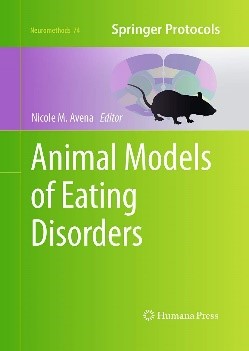"Rising rates of obesity in most industrialized countries are a major cause of serious medical conditions, including diabetes, heart disease, and mental health disorders. Binge eating, characterized by excessive consumption of highly palatable food within a short period of time, contributes significantly to these problems, even in individuals who are not diagnosed with binge eating disorder (BED). Over the last half century, the use of nonnutritive substitutes has been promoted as a means to reduce fat and sugar consumption, potentially minimizing obesity-related illnesses and associated health conditions. Paradoxically, increased intake of artificial sweeteners is associated with weight gain, which may be linked to alterations in metabolic processes. Artificial sweeteners also increase food intake in both humans and rodents, raising intriguing possibilities that these substances are altering biological processes that underlie feeding behavior (e.g., homeostatic control). We explore this idea by summarizing the clinical and preclinical literature on behavioral and biological mechanisms of artificial sweeteners. As a starting point, we review evidence that nonnutritive sweeteners are rewarding in rodent models and then provide a comparison of neural systems mediating the rewarding properties of natural and artificial sweeteners. We then summarize data pointing to sexual dimorphism in behavioral and biological responses to sucrose, with preliminary evidence suggesting that responses to artificial sweeteners may follow a similar pattern. Finally, we provide an overview of the relationship between binge eating and substance use disorders, noting findings from animal studies that artificial sweeteners could contribute to this comorbidity."
Authors:
Gaëlle Awad, Katia Befort, Mary C. Olmstead


